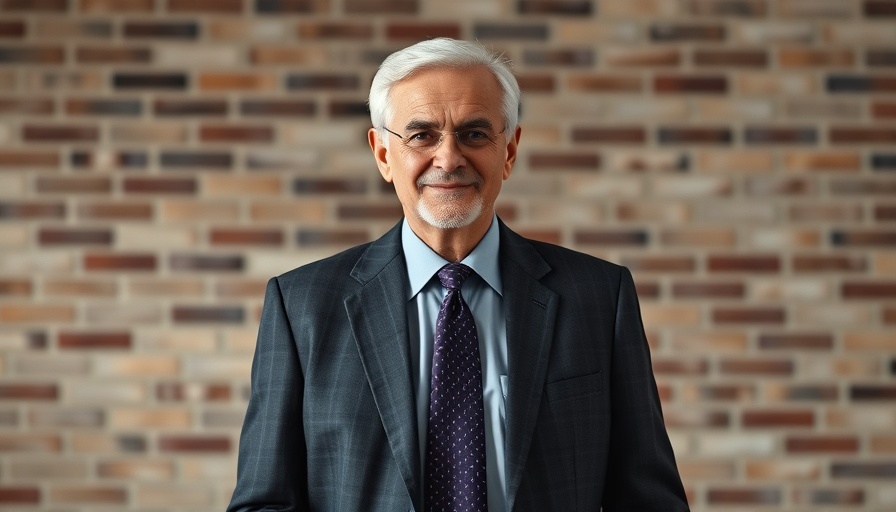
The Hidden Mental Health Challenges Faced by Retirees
As professionals reach the peak of their careers, they often bask in the accolades, recognition, and financial security associated with executive positions. However, the often-unseen reality for many high-achieving individuals is a growing crisis surrounding mental health and substance use as they transition into retirement. The same drive that propels their success can also lead to significant emotional challenges once the daily grind fades away.
Transitioning from Identity to Purpose
For C-suite executives and leaders, their jobs often define their identities. Transitioning away from this image can be disorienting. When these high-stakes professionals retire, they may feel a profound loss not only of their daily responsibilities but also of their sense of purpose. Without the daily structure and recognition of their careers, feelings of purposelessness can quickly creep in.
Understanding the Isolation in Leadership
Leadership roles are notorious for being isolating. High-level decision-making is often accompanied by heavy burdens, leading executives to experience chronic stress and anxiety. While their achievements are lauded, the internal strain can lead to burnout, emotional exhaustion, and withdrawal from relationships. This isolation can intensify once retirement forces a pause, exacerbating feelings of disconnection.
Confronting Substance Abuse Risks
Many retiring professionals turn to substances as a way to cope with newfound boredom, stress, or loneliness. This risk is especially heightened for those who have normalized heavy drinking or prescription use during their active careers. Substance dependency can escalate quickly in the absence of both professional accountability and routines that once helped maintain a healthy lifestyle.
A Blueprint for a Healthy Transition
However, retirement doesn’t have to be synonymous with crisis. With foresight, planning, and community support, stepping into retirement can open doors to new and fulfilling opportunities. Here are a few strategies for nurturing mental and emotional health during this transition:
- Start Early: Planning for the Personal Dimension - While many executives focus on financial readiness prior to retirement, neglecting personal planning can lead to emotional challenges. Incorporating personal interests and hobbies into the retirement plan can help create a roadmap for a fulfilling post-career life.
- Build a Support Network - Engaging with peers and taking part in community events can foster social connections. Regular social interaction combats loneliness and provides emotional support.
- Develop New Interests - Exploring new hobbies, volunteering, or learning new skills can provide purpose and fulfillment in retirement. Participating in community events can help create a sense of belonging.
- Seek Professional Help if Needed - Consulting with mental health professionals specializing in retirement transitions can guide individuals through their emotional challenges. Therapy can be a vital resource for adjusting to life without a career.
The Thriving Potential of Retirement
Retirement can mark the beginning of a new and rewarding chapter in life. For high-achieving professionals, finding new passions and pursuing fulfillment can transform this transition into something positive. Staying connected, active, and engaged can promote a sense of purpose once more.
Living Well in Austin: Embrace Special Events
If you're in Austin or planning a visit, consider attending local festivals and concerts that foster community connection and vitality. Engaging with special events in the vibrant Austin area can greatly bolster your mental well-being and provide exciting opportunities to connect with others.
It's important to remember, the end of your career may signal closure in one aspect of your life, but it can also be the gateway to a brighter future. Embrace this transition and consider how you can cultivate positivity in your post-career journey.
 Add Row
Add Row  Add
Add 




 Add Row
Add Row  Add
Add 

Write A Comment